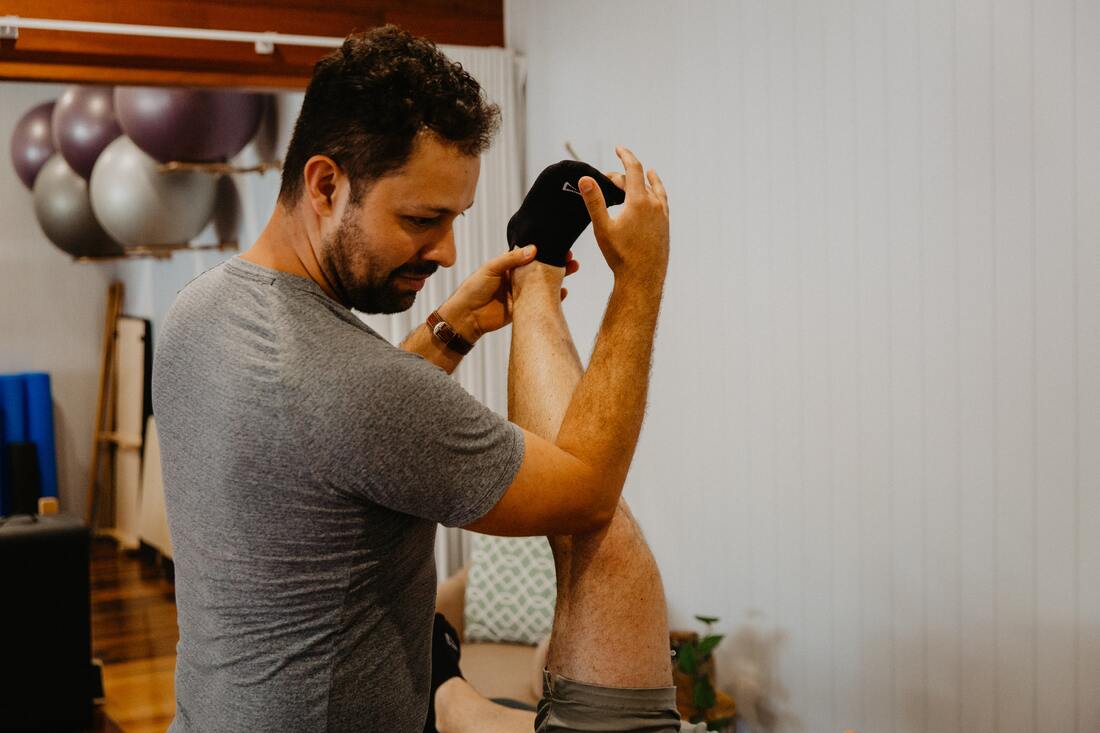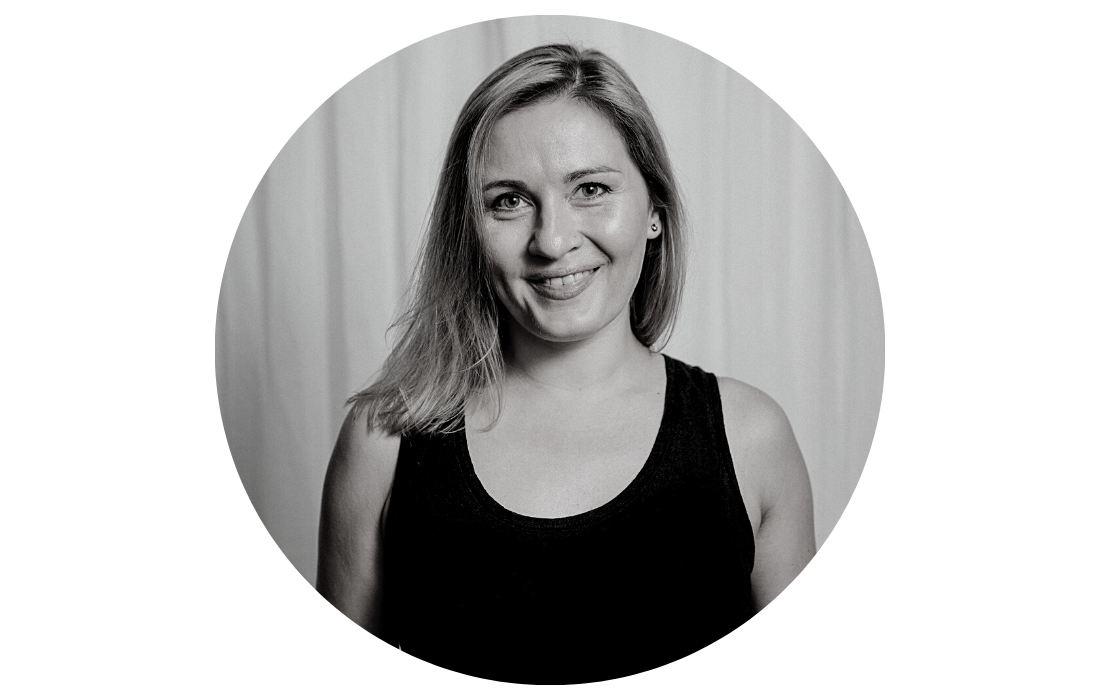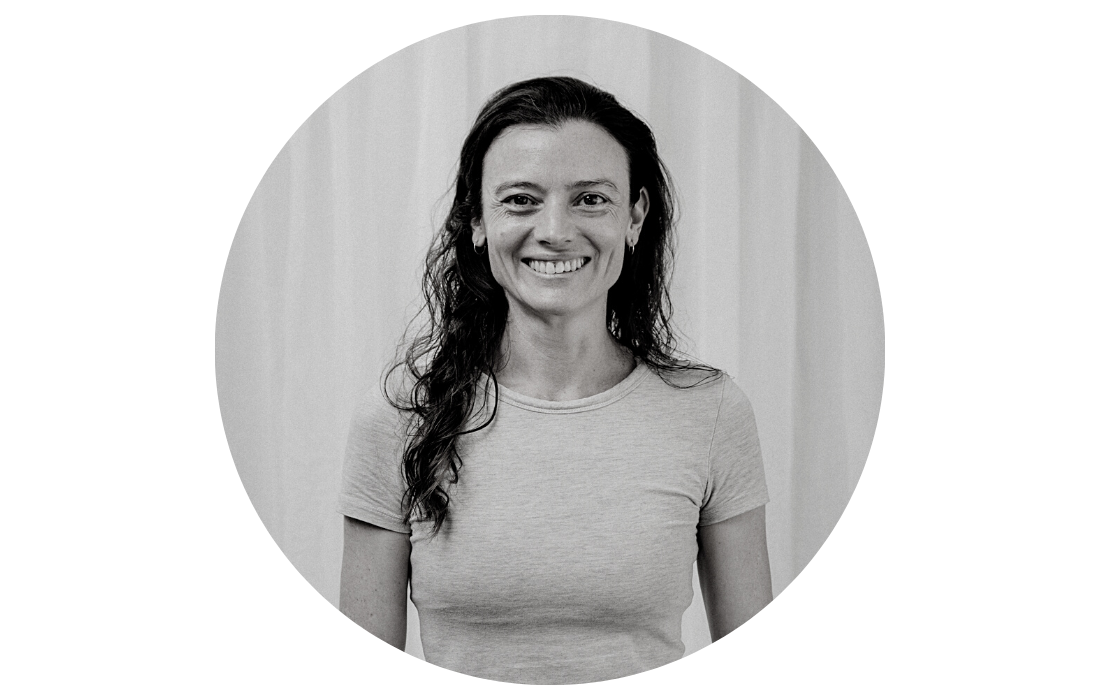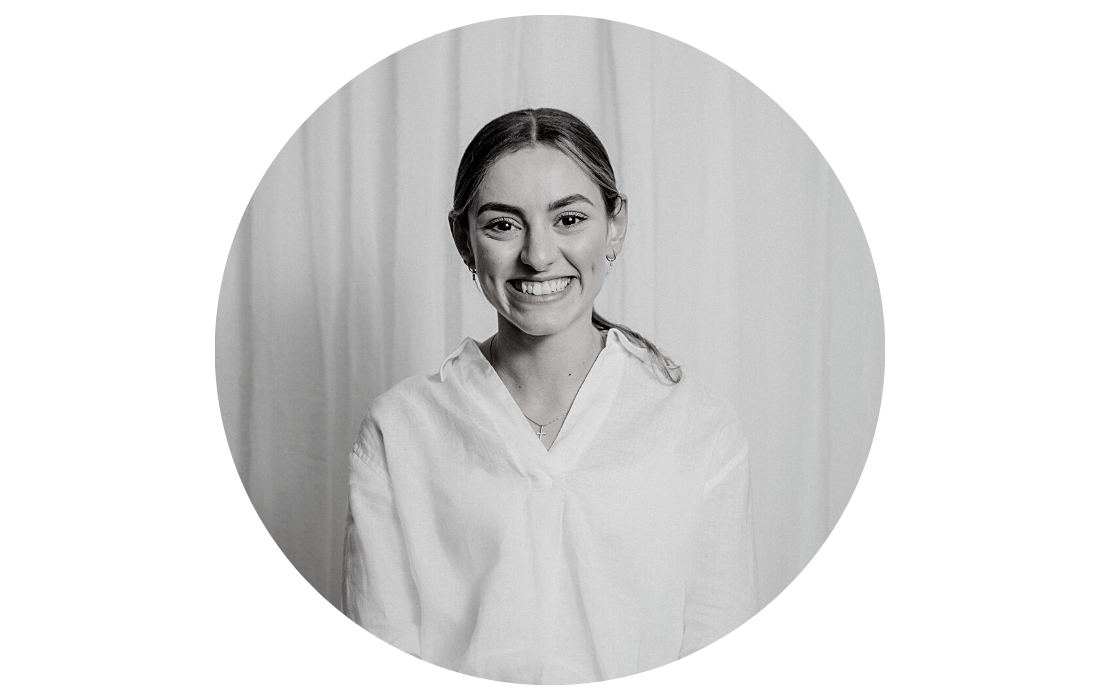Posterior Cruciate Ligament (PCL) Injuries physiotherapy Brisbane southside.
What are Posterior Cruciate Ligament Injuries?
The posterior cruciate ligament (PCL) is one of the four major ligaments in the knee joint. It plays a crucial role in stabilising the knee and preventing the shin bone (tibia) from moving too far backward under the thigh one (femur) . PCL injuries can range from mild sprains to severe tears and can occur in various circumstances, such as sports injuries, car accidents, or falls. Injuries to the PCL often occur with other knee structures (ligaments, meniscus) while infrequently occurring in isolation, and they are also less frequent than anterior cruciate ligament (ACL) injuries.
What are the causes of Posterior Cruciate Ligament Injuries?
What are the symptoms of Posterior Cruciate Ligament Injuries?
How can physiotherapy help with Posterior Cruciate Ligament Injuries?
Physiotherapy plays a crucial role in the management and rehabilitation of posterior cruciate ligament (PCL) injuries. Most non-severe, i.e., grade I and II tears are primarily treated by physiotherapy and don’t require surgery. More advanced injuries requiring surgical reconstruction still require extensive physiotherapy as the main rehabilitation avenue for return to sport and normal activity. Here's how physiotherapy can help individuals with PCL injuries:
How can Pilates help in rehabilitation?
Pilates can be a beneficial form of exercise for individuals recovering from posterior cruciate ligament (PCL) injuries, as it offers several advantages that can aid in rehabilitation and overall knee health. Here's how Pilates can help with PCL injuries:
If you or a loved one has questions about Posterior Cruciate Ligament Injuries and how our physiotherapists might be able to help please give our friendly clinic a call on 07 3706 3407, email [email protected] or make your initial appointment booking via the link below.
The posterior cruciate ligament (PCL) is one of the four major ligaments in the knee joint. It plays a crucial role in stabilising the knee and preventing the shin bone (tibia) from moving too far backward under the thigh one (femur) . PCL injuries can range from mild sprains to severe tears and can occur in various circumstances, such as sports injuries, car accidents, or falls. Injuries to the PCL often occur with other knee structures (ligaments, meniscus) while infrequently occurring in isolation, and they are also less frequent than anterior cruciate ligament (ACL) injuries.
What are the causes of Posterior Cruciate Ligament Injuries?
- Trauma: PCL injuries often result from a direct blow to the front of the knee, such as in car accidents when the knee hits the dashboard or in sports when a player falls on a bent knee.
- Hyperextension: Overextending the knee joint, which can happen during sports or accidents, can also lead to PCL injuries.
- Sports: Activities that involve rapid changes in direction, like football or soccer, are common settings for PCL injuries.
- Falls: Landing on a bent knee after a fall can cause PCL injuries.
What are the symptoms of Posterior Cruciate Ligament Injuries?
- Pain and swelling in the knee
- Difficulty bearing weight on the injured leg
- Knee instability, especially when walking or pivoting
- A feeling of the knee "giving way"
- Reduced range of motion
How can physiotherapy help with Posterior Cruciate Ligament Injuries?
Physiotherapy plays a crucial role in the management and rehabilitation of posterior cruciate ligament (PCL) injuries. Most non-severe, i.e., grade I and II tears are primarily treated by physiotherapy and don’t require surgery. More advanced injuries requiring surgical reconstruction still require extensive physiotherapy as the main rehabilitation avenue for return to sport and normal activity. Here's how physiotherapy can help individuals with PCL injuries:
- Pain Management: Physiotherapists can employ various techniques to help manage pain that may include modalities like ice or heat therapy, dry needling or electrical stimulation.
- Reducing Swelling: Swelling is common after a PCL injury. Physiotherapists can use techniques like manual lymphatic drainage, compression, and elevation to reduce swelling in the affected knee.
- Restoring Range of Motion: PCL injuries can lead to stiffness in the knee joint if left untreated. Physiotherapists will work on restoring the normal range of motion through gentle stretching exercises and joint mobilisations.
- Strength Training: Strengthening the muscles around the knee joint is a vital part of PCL rehabilitation. This helps stabilise the knee and reduce the risk of further injury. Physiotherapists will develop a customised exercise program that targets specific muscle groups, including the quadriceps, hamstrings, calf muscles, and hip muscles.
- Balance and Proprioception Training: Balance and proprioception exercises are essential to improve the overall stability of the knee. These exercises challenge the body's ability to sense its position in space and help prevent future injuries.
- Functional Training: As the rehabilitation progresses, physiotherapists will focus on functional exercises that mimic daily activities and sports-specific movements. This helps patients regain the ability to perform their normal activities safely.
- Bracing and Taping: Physiotherapists may recommend knee braces or taping techniques to provide additional support and stability to the injured knee during the early stages of rehabilitation or during physical activities.
- Gait Training: Proper walking and running techniques are taught to prevent compensation patterns that may develop due to knee pain or instability.
- Patient Education: Physiotherapists educate patients about their condition, the healing process, and strategies to prevent future injuries. This includes advising on lifestyle modifications, such as avoiding certain activities during recovery.
- Progressive Rehabilitation: Physiotherapists tailor the rehabilitation program to the individual's progress. As the knee becomes stronger and more stable, the exercises and activities are gradually modified to challenge the patient appropriately.
- Monitoring and Assessment: Regular assessment and monitoring of the patient's progress are essential. Physiotherapists can adjust the treatment plan as needed to ensure optimal recovery.
- Return to Sport or Activity: For individuals who participate in sports or specific physical activities, physiotherapists play a vital role in safely guiding the return to these activities, ensuring that the knee is strong and stable enough to withstand the demands of the sport.
How can Pilates help in rehabilitation?
Pilates can be a beneficial form of exercise for individuals recovering from posterior cruciate ligament (PCL) injuries, as it offers several advantages that can aid in rehabilitation and overall knee health. Here's how Pilates can help with PCL injuries:
- Improved Core Strength: Pilates exercises emphasise core strength and stability. A strong core can help support the body and maintain proper alignment during movements, reducing stress on the knee joint. This is particularly important when rehabilitating a PCL injury as it promotes overall body stability.
- Leg and Hip Strengthening: Pilates exercises often target the muscles of the legs and hips, including the quadriceps, hamstrings, glutes, and hip abductors. Strengthening these muscles can help improve knee stability and reduce the risk of future injuries.
- Balance and Proprioception: Pilates exercises frequently incorporate balance and proprioception training. These exercises challenge your body's awareness of its position in space, helping to enhance joint stability, which is essential in recovering from a PCL injury.
- Low-Impact: Many Pilates exercises are low-impact, making them gentle on the joints. This is advantageous for individuals with PCL injuries as it reduces the risk of further strain on the knee while still allowing for effective rehabilitation.
- Flexibility and Range of Motion: Pilates includes stretching exercises that can improve flexibility and range of motion in the knee and surrounding muscles. This is essential for restoring normal joint function after a PCL injury.
- Mind-Body Connection: Pilates emphasises a mind-body connection, promoting awareness of how the body moves and functions. This can help individuals with PCL injuries develop better movement patterns and prevent future injuries.
- Individualised Programs: Pilates exercises can be tailored to an individual's specific needs and abilities. A skilled Pilates instructor or physical therapist can design a program that addresses the unique challenges and goals of someone recovering from a PCL injury.
- Progressive Resistance: Pilates exercises can be easily modified to provide progressive resistance as strength and stability improve. This allows for gradual rehabilitation and prevents overexertion.
- Functional Movement Patterns: Pilates often incorporates functional movements that mimic daily activities. This can be beneficial for individuals looking to regain their ability to perform everyday tasks and return to normal activities.
- Pain Management: Pilates can be adapted to accommodate pain levels. Individuals with PCL injuries can perform exercises within their pain tolerance, gradually increasing intensity as they progress in their recovery.
If you or a loved one has questions about Posterior Cruciate Ligament Injuries and how our physiotherapists might be able to help please give our friendly clinic a call on 07 3706 3407, email [email protected] or make your initial appointment booking via the link below.
Who to book in with:
Yulia Khasyanova
|
Emma Cameron
|
Monica Hanna
|



